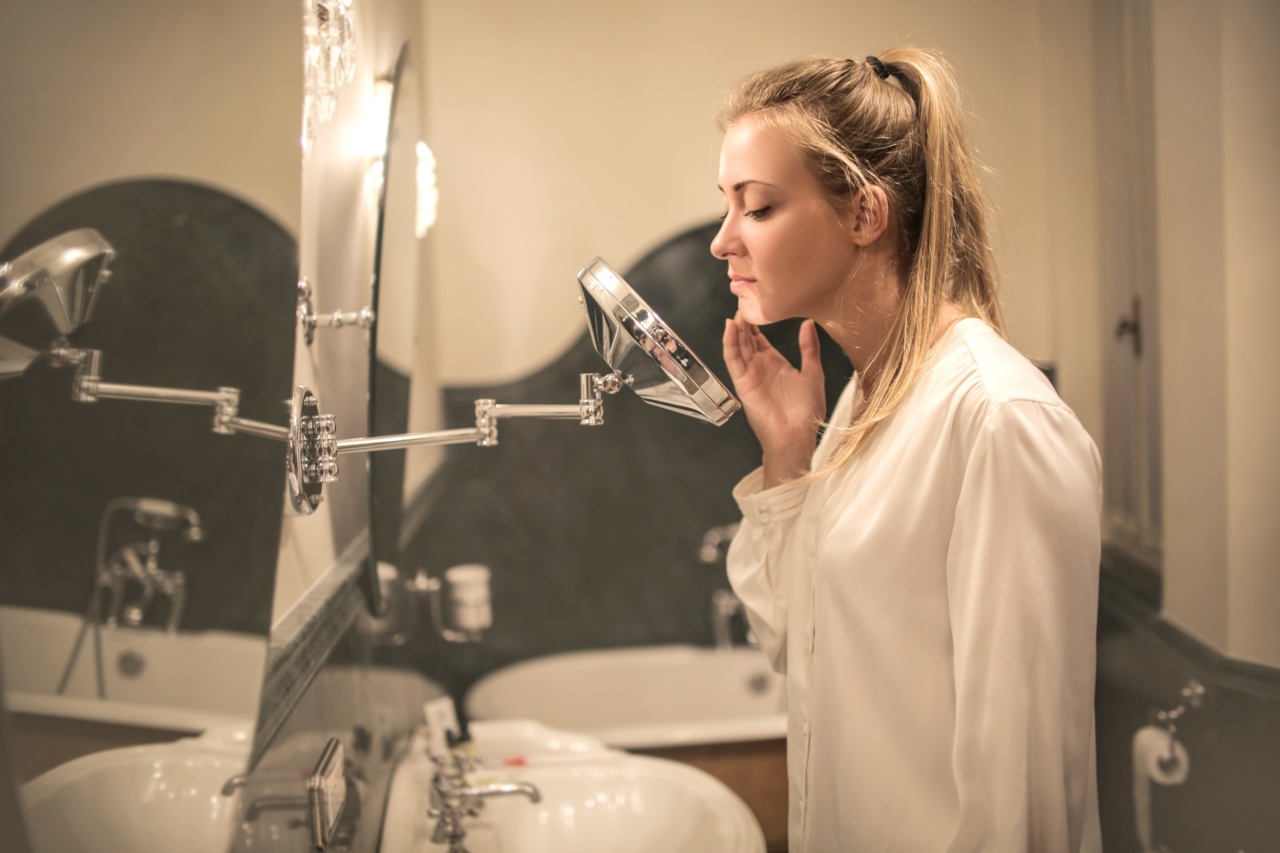Acne is a common skin condition that is often associated with adolescence. However, many adults also suffer from acne. In fact, adult acne affects approximately 25% of men and 50% of women at some point in their adult lives.
Adult acne can be frustrating and affect one’s self-esteem. Understanding the causes and effective treatment options can help individuals achieve clear and healthy skin.
Causes of Adult Acne
While the exact cause of adult acne is unknown, several factors contribute to its development. They include:.
Hormonal Imbalances
Hormonal imbalances, commonly associated with menstruation, pregnancy, and menopause, can trigger adult acne. Fluctuations in hormone levels can cause the sebaceous glands to produce excessive oil, leading to clogged pores and acne breakouts.
Stress
Stress increases the production of cortisol, a stress hormone, which in turn leads to increased oil production by the sebaceous glands. This excess oil can result in clogged pores and the formation of acne.
Diet and Lifestyle
Poor dietary choices, such as consuming high-glycemic index foods and dairy products, have been linked to adult acne. Additionally, lifestyle factors such as smoking, lack of exercise, and insufficient sleep can contribute to the development of acne.
Genetics
Genetic factors play a role in determining an individual’s susceptibility to acne. If both parents had acne, there is a higher likelihood of their offspring developing acne as well.
Environmental Factors
Exposure to pollutants, irritants, and certain chemicals in the environment can lead to adult acne. These environmental factors can cause inflammation and clog pores, resulting in acne breakouts.
Treatment Options for Adult Acne
Fortunately, there are several effective treatment options available for adult acne. It is important to consult with a dermatologist to determine the most suitable treatment plan based on individual needs. Some common treatment options include:.
Topical Medications
Topical medications containing ingredients like benzoyl peroxide, salicylic acid, or retinoids can help unclog pores, reduce inflammation, and control oil production. These medications are typically applied directly to the affected areas of the skin.
Oral Medications
In cases of moderate to severe acne, dermatologists may prescribe oral medications such as antibiotics, hormonal birth control pills, or isotretinoin. These medications target the underlying causes of acne and can provide significant improvement.
Professional Treatments
Various professional treatments can effectively treat adult acne. These treatments include chemical peels, microdermabrasion, laser therapy, and photodynamic therapy.
These procedures aim to exfoliate the skin, reduce oil production, and kill acne-causing bacteria.
Skincare Routine
A consistent skincare routine plays a crucial role in managing adult acne. Gentle cleansing, exfoliating to remove dead skin cells, and moisturizing are essential steps.
It is important to choose non-comedogenic products specifically formulated for acne-prone skin.
Lifestyle Changes
Making certain lifestyle changes can significantly improve adult acne.
Reducing stress levels through relaxation techniques, maintaining a balanced diet rich in fruits and vegetables, avoiding trigger foods, getting regular exercise, and ensuring adequate sleep are all beneficial.
Avoid Picking and Squeezing
While tempting, picking or squeezing acne lesions can worsen the condition and potentially lead to scarring. It is best to resist the urge and allow the acne to heal naturally or seek professional help for proper extraction.
When to Consult a Dermatologist
If over-the-counter products and home remedies do not improve adult acne or if it worsens, it is recommended to consult a dermatologist.
Dermatologists can provide personalized treatment plans and help address any underlying causes contributing to acne development.
Conclusion
Adult acne can be a frustrating and distressing condition, but with the right understanding and appropriate treatment, clear skin is achievable.
Identifying the causes of adult acne, implementing an effective treatment plan, maintaining a healthy lifestyle, and consulting with a dermatologist when necessary can lead to improved skin health and self-confidence.































